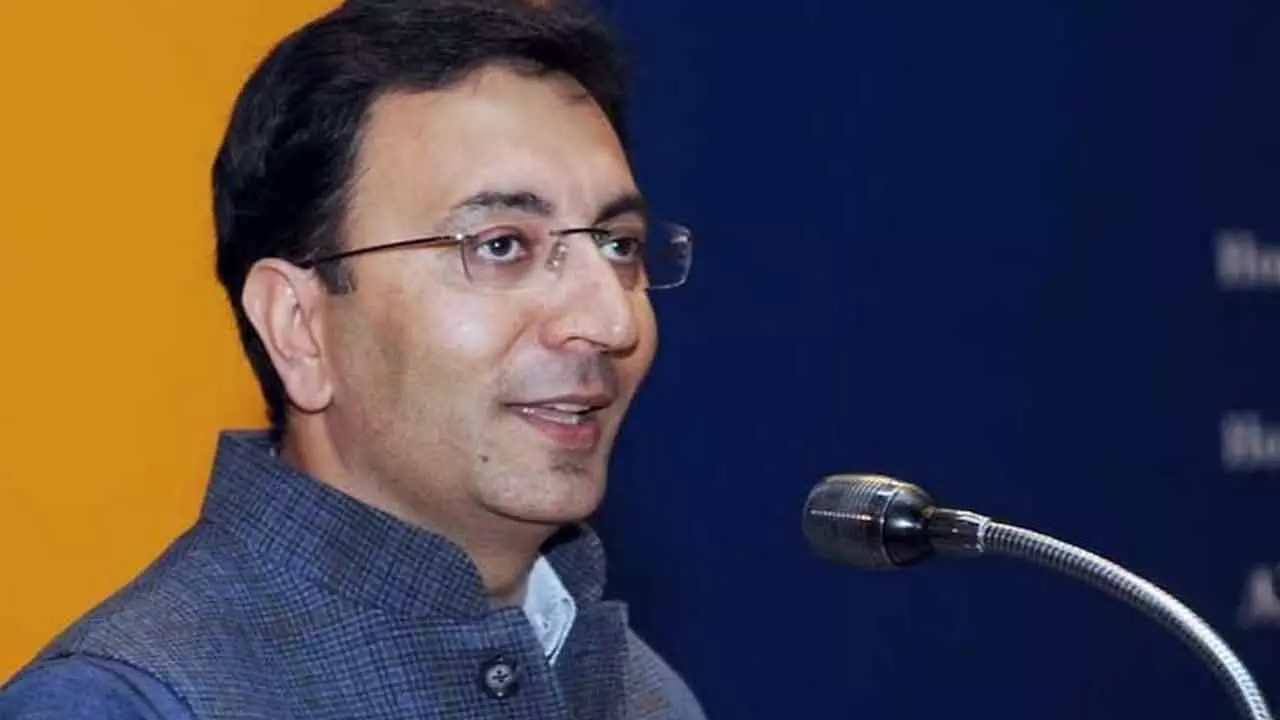India's Tariff Policy Aims To Regulate Trade, Protect Domestic Industries
Moving towards having Preferential/Free Trade Agreements
India's Tariff Policy Aims To Regulate Trade, Protect Domestic Industries

New Delhi: India's tariff policy aims to regulate trade, protect domestic industries and generate revenue through taxes on imported and exported goods, Union Minister Jitin Prasada said in the Lok Sabha on Tuesday.
Prasada, union minister of state for commerce and industry, said the government is aware of the recent statements made by NITI Aayog regarding tariffs and their impact on India's economic growth. "The statement is in line with India's broader strategy for achieving economic growth and making India a more attractive player in the global economy," he said during the Question Hour. The minister was asked whether the government is aware of the recent statement of NITI Aayog that tariff protections do not benefit India and reducing tariffs is necessary for economic growth. Prasada said India's tariff policy aims to regulate trade, protect domestic industries, and generate revenue through taxes on imported and exported goods. "Recent reforms have focused on streamlining the tariff structure and facilitating trade," he said. The minister said India is a member of the WTO and bound to its maximum tariff that can be applied to a given commodity line. The applied tariffs are generally below the bound tariff for a given commodity line. He said with the changing trade scenario, India is moving towards having Preferential/Free Trade Agreements wherein customs tariffs and non-tariff barriers are reduced or eliminated on substantial trade between the PTA/FTA members.

